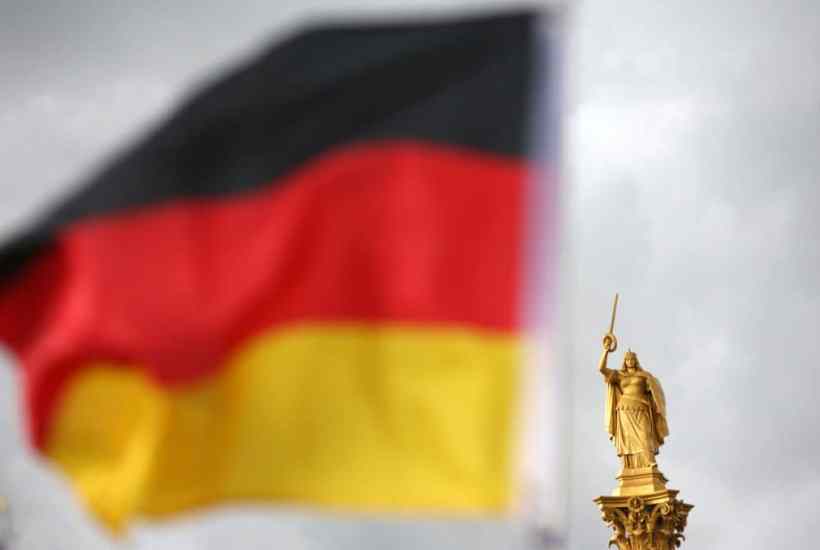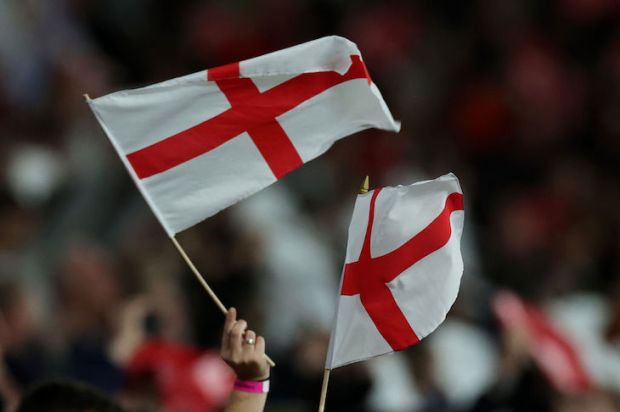The 9 November is often called Germany’s Schicksalstag – Day of Fate. The date punctuates the fabric of the country’s calamitous search for a political identity like no other: from its origins as a constitutional monarchy, through democracy, dictatorship and division. As every year, today too marks a point of introspection for my compatriots. Let’s hope they use it well: German democracy has come a long way, but it is far from perfect.
On 9 November 1918, Germany’s first democratic experiment as a nation state ended in spectacular failure. Only the third German Kaiser since the country’s inception in 1871, Kaiser Wilhelm was forced to abdicate, and with him fell the German Empire. The country’s first parliamentary system had included free elections through universal male suffrage and a free press. Yet it had been unable to prevent the deadliest conflict the world had seen up to that point.
But the First World War also compounded Germany as a nation. The collective sense of humiliation – and the experience of mass violence and misery – was shared by almost all Germans, irrespective of regional identity, denomination, class or creed. This trauma bound people together in an unhealthy bond of resentment, bitterness and defeat.
It was this bitter cocktail of emotions which brought down the last German Kaiser and, on the same day, gave rise to the first full German democracy. Mere hours after Wilhelm’s abdication had been announced, two very different German republics were announced from two different windows in Berlin. The Social Democrat Philipp Scheidemann pronounced a ‘German republic’ from a window in the Reichstag building; while the communist Karl Liebknecht called for a ‘free socialist’ one from a balcony of the Kaiser’s city palace.
Both visions were immediately under siege from the virulent anti-democratic forces at play in the early Weimar Republic. Guardians and protectors of democracy in the 1920s were scarce, while most Germans attitudes towards their new system of governance ranged from apathy to fierce loathing. Adolf Hitler certainly felt that it was worth a roll of the dice when he attempted a coup in the so-called Munich Putsch on 9 November 1923. While it failed and democracy was maintained, it would be fewer than ten years before Hitler would get another chance to establish a dictatorship and realise it.
It was also under Adolf Hitler that the darkest of the 9 November dates took place in 1938, the so-called Kristallnacht, often translated as Night of the Broken Glass. The state-instigated pogrom on Jewish property and synagogues quickly snowballed into an orgy of violence and wanton destruction. Ordinary Germans and Austrians across the Reich participated willingly. German politics had reached a new nadir and would fall into yet deeper darkness from there.
There is one 9 November date, however, which Germany likes to celebrate as an unqualified success and that is 1989. On that day, the Berlin Wall fell after over forty years of inner-German division and created a unified democracy. The date was naturally seen as a candidate for German Unity Day, an annual national holiday, but then dismissed in favour of 3 October 1990 when the country was legally reunited. The darker aspects of 9 November in German history were regarded as too problematic.
But some still disagree. The historian and journalist Wolfgang Niess argued last month that 9 November should be made a national day of commemoration, not despite its problematic history but because of it. He said that to choose the bland 3 October, ‘an admin day’, is to side-step the real lesson of the story of German democracy: fragility. He is absolutely right.
Post-war Germany’s ability to take an unflinching look at even the darkest chapters of its national history has often been lauded. Indeed, the very concept of Vergangenheitsbewältigung – confronting the past – is an intrinsically German one. But this tells only half the story.
While modern Germany is all too happy to rake through the problematic chapters of its past – from Nazism and militarism to the Stasi and the Berlin Wall – it has ring-fenced other areas as unmitigated success stories. This applies to the West German democracy from 1949, as well as to unified Germany from 1989.
It’s true that Germany has managed to find a constitutional and economic model which has brought stability and prosperity to its citizens. But to present this as an unmitigated success in the national narrative is complacent and dangerous.
There are countless statistics and incidents which seem to indicate that a significant minority of the German people feel excluded from a democracy that likes to celebrate itself. In a recent survey, two thirds of Germans did not trust the political parties on offer. What’s more, 42 per cent of East Germans feel they are treated as second-class citizens. Some have completely turned their backs on the system, like the so-called Reichsbürger who attempted to storm the Reichstag building last year. Around a quarter of Germans have withdrawn themselves from the electoral process.
If Germany uses the 9 November as a moment to reflect on itself, as Niess and others have suggested, what would it see today, in 2021? One of the most stable, safe and wealthy countries in the world. A democracy in which most citizens and institutions play by the rules.
But the same applied in 1914. Germans had comparatively high living standards then. Many were reasonably content with the regime. The last existential war lay nearly 100 years in the past. Sure, people grumbled about low wages, inadequate housing and more democratic rights, but they weren’t setting buildings on fire or calling for the Kaiser’s head. Yet four years later they were. While the residual disaffection that now stews under the surface of German society does not seem to be a problem for the system as a whole, it is worth taking stock of and addressing.
Older Western democracies have weathered the economic and social storms that have engulfed them. The post-war German one might too. But we have yet to find that out as the system has never been fully stress-tested. The 9th November is a good moment to remember that democracy should not be taken for granted.
Got something to add? Join the discussion and comment below.
Get 10 issues for just $10
Subscribe to The Spectator Australia today for the next 10 magazine issues, plus full online access, for just $10.


















Comments
Don't miss out
Join the conversation with other Spectator Australia readers. Subscribe to leave a comment.
SUBSCRIBEAlready a subscriber? Log in